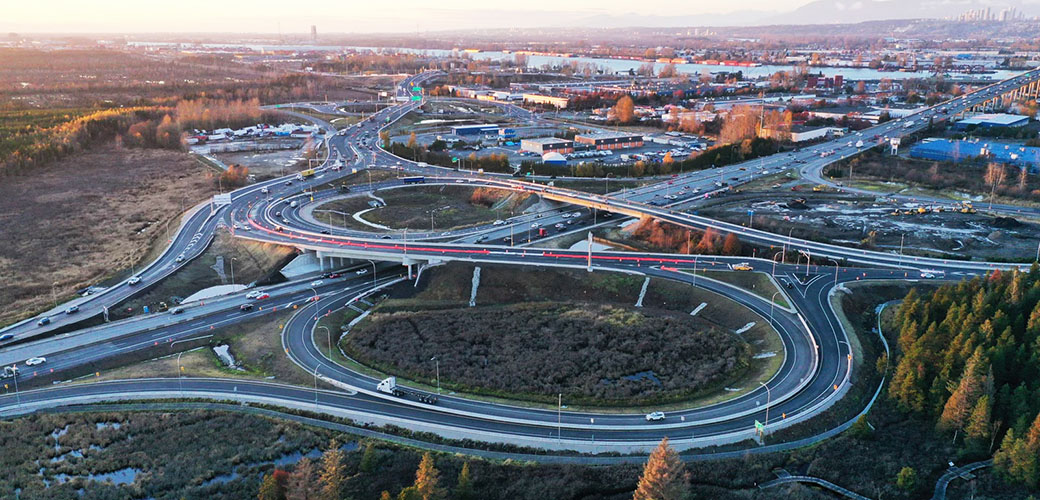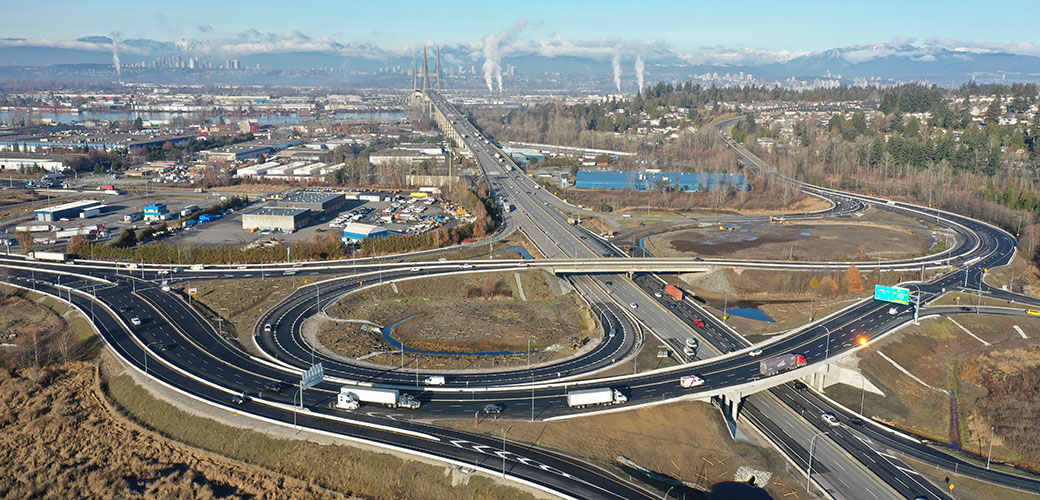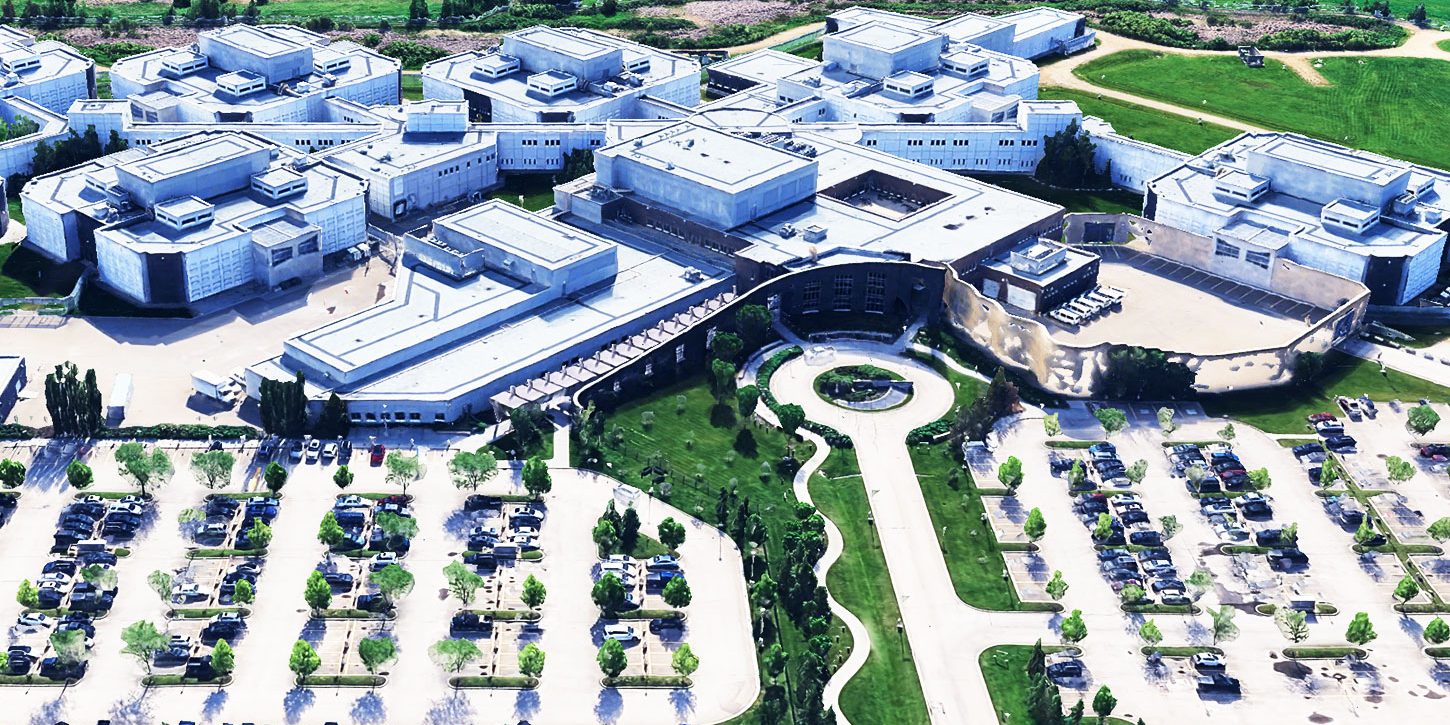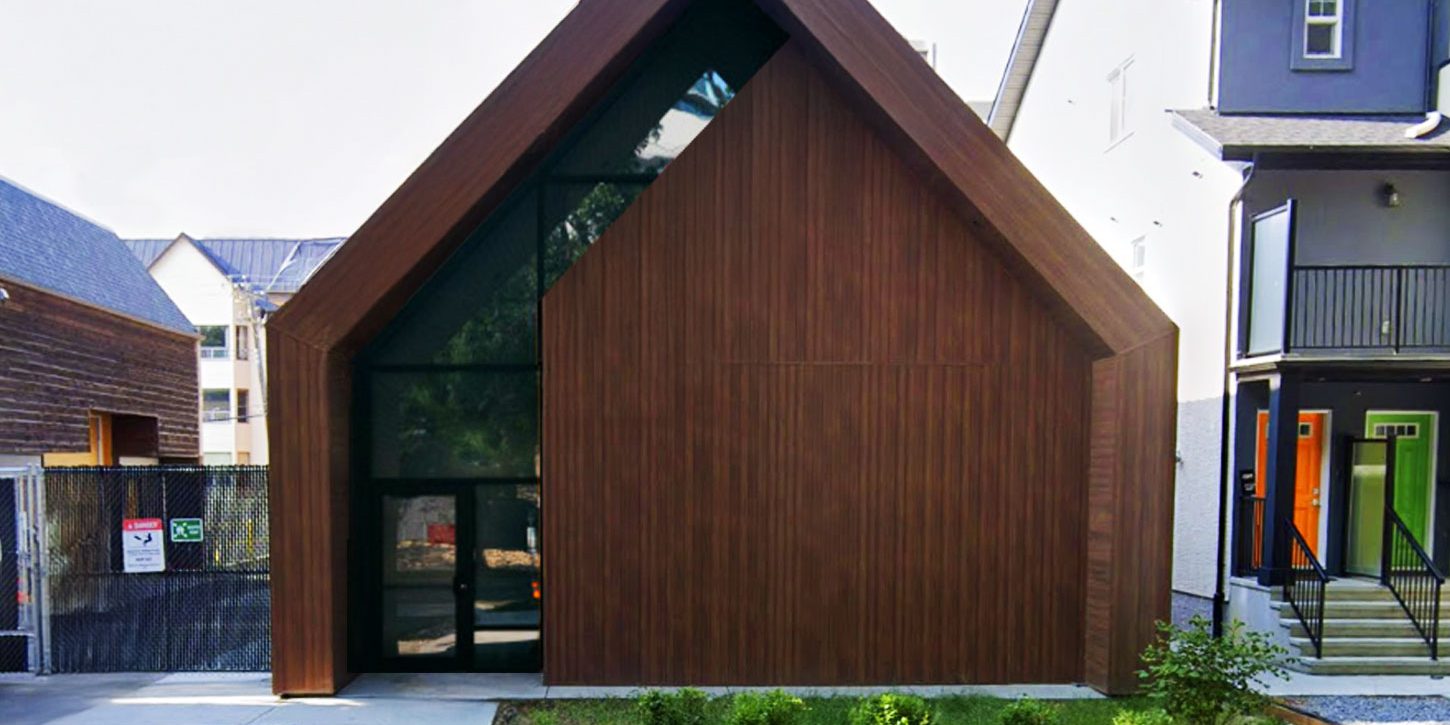Highway 91 / 17 Upgrade Project
2018-2022 I Delta, BC
Located 25km from Vancouver, BC the City of Delta is a community neighbouring Surrey and Richmond. Following several major infrastructure upgrades—such as the Alex Fraser Bridge / Highway 91, Highway 91C, and Highway 17—the area has experienced significant population and development growth. This eventually led to the Highway 17 / Highway 91C intersection becoming the most congested intersection along the Highway 17 corridor.
Efficient traffic flow along Highway 17 (particularly at the Highway 91C intersection) is vital for maintaining the movement of goods and people across the region while reducing truck traffic on municipal corridors in Surrey and Delta. To alleviate congestion and promote free movement of traffic, the BC Ministry of Transportation and Infrastructure proposed the Highway 91 / 17 Upgrade Project, consisting of:
- One new interchange at Highway 17 and River Road to remove the existing at-grade railway crossing;
- One free-flow interchange replacing the existing signalized intersection at Highway 17 and Highway 91C;
- One free-flow interchange replacing the existing signalized intersection at Highway 91C and Nordel Way;
- One existing interchange upgraded to a free-flow interchange at Highway 91 and Highway 91C; and
- 20 lane-kilometres of upgraded and 15 lane-kilometres of new road infrastructure on Highway 17, 91, and 91C.
Achieving these goals was proving to be no easy feat. Geographical constraints included a flat terrain gradient (0.5%), environmentally and archaeologically sensitive areas, and subsurface contamination. Despite these challenges, Pacific Gateway Constructors (PGC) and McElhanney, the Prime Consultant / Design Lead, proposed a design that prioritized safety and comfort for all road users while preserving important bog and wetland functions; protecting habitat; promoting stormwater treatment; and improving travel time, safety, and economic growth.
The project site had numerous constraints, especially given its proximity to the environmentally sensitive Burns Bog and the Delta Nature Reserve. Throughout the construction process, our team was faced with poor subgrade conditions, inclement weather, and limits such as proximity to gas mains, acidic bog water, and contaminated groundwater. Any issues encountered on site were promptly reviewed and resolved between McElhanney’s engineering field reviewers and PGC.
Our team combated subsurface contamination migration by using polyethylene liners in storm trenches and under ditches in areas of high contamination, and by constructing a berm adjacent to Burns Bog. Through several groundwater testing campaigns, we determined the expected pH and conductivity of contaminated groundwater throughout all seasons of the year. This enabled our team to procure materials for the stormwater network that could withstand anticipated site conditions.
Despite these challenges, McElhanney’s design prioritized safety by using roundabouts that reduced conflict points and unconsciously prompted safer driving. While safety was paramount, the design also achieved the project’s objective of developing sustainable design by retaining the existing Nordel Way bridge, improving travel time by replacing the existing intersections with free flow interchanges, and supporting economic growth.
McElhanney achieved the client’s goal of creating an environmentally sustainable design by preparing a compact design that covers 100 acres—45% of which is vegetated—using bioswales and environmental compensation areas. Furthermore, the proposed design accounted for potential climate change impacts on drainage, geotechnical, structural, and traffic disciplines based on several parameters, including extreme temperatures and precipitation, storms of various intensities, and flooding.
This project earned a 2023 Award of Merit in Transportation & Bridges from the Association of Consulting Engineering Companies BC



